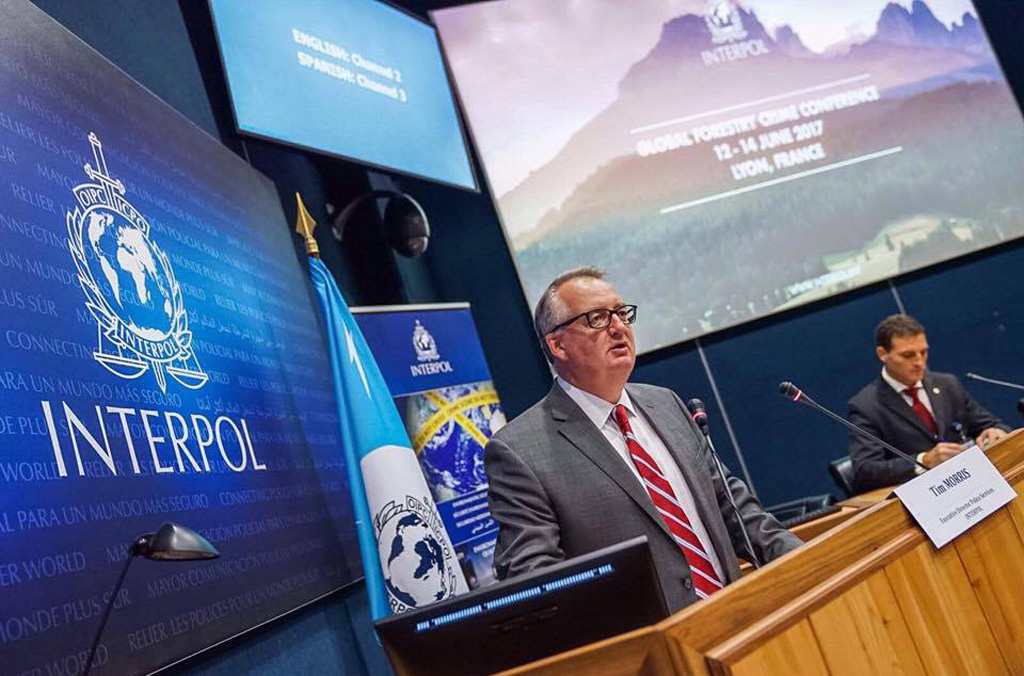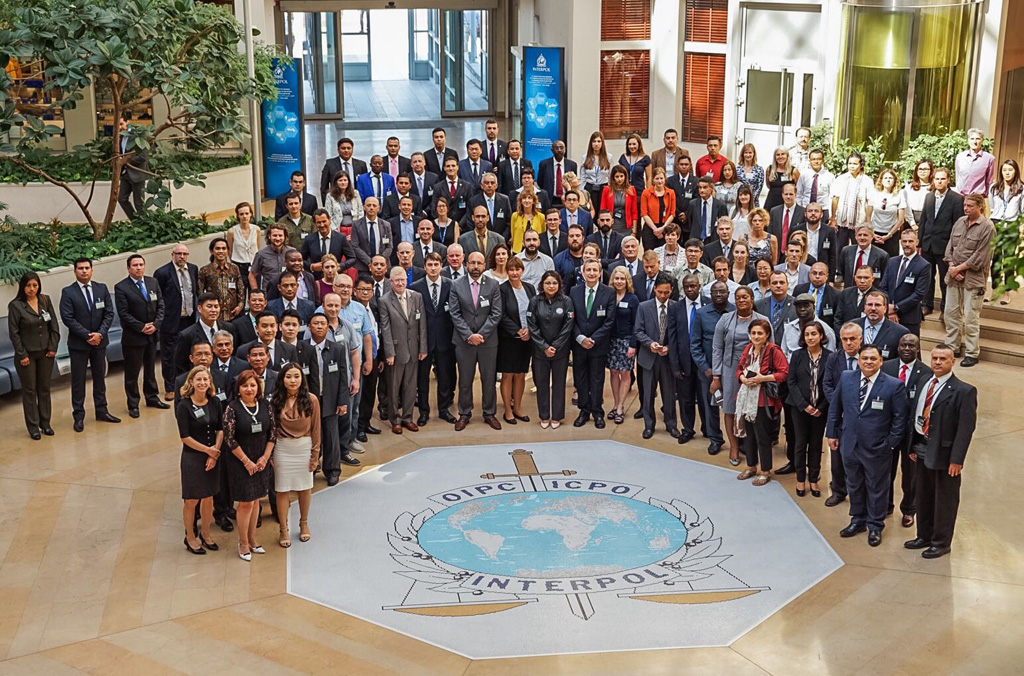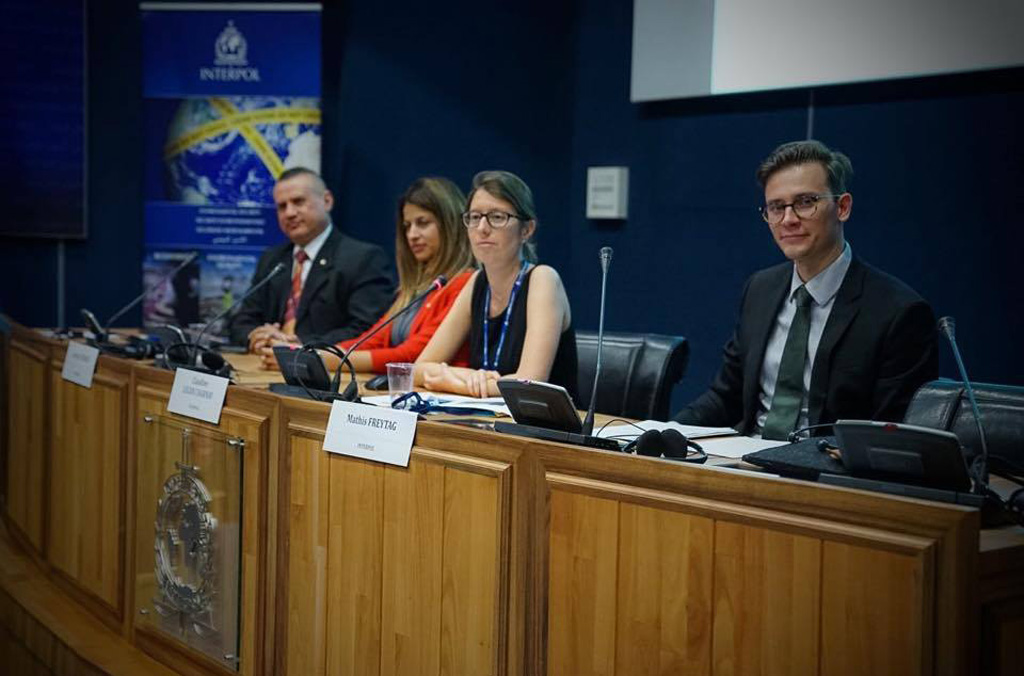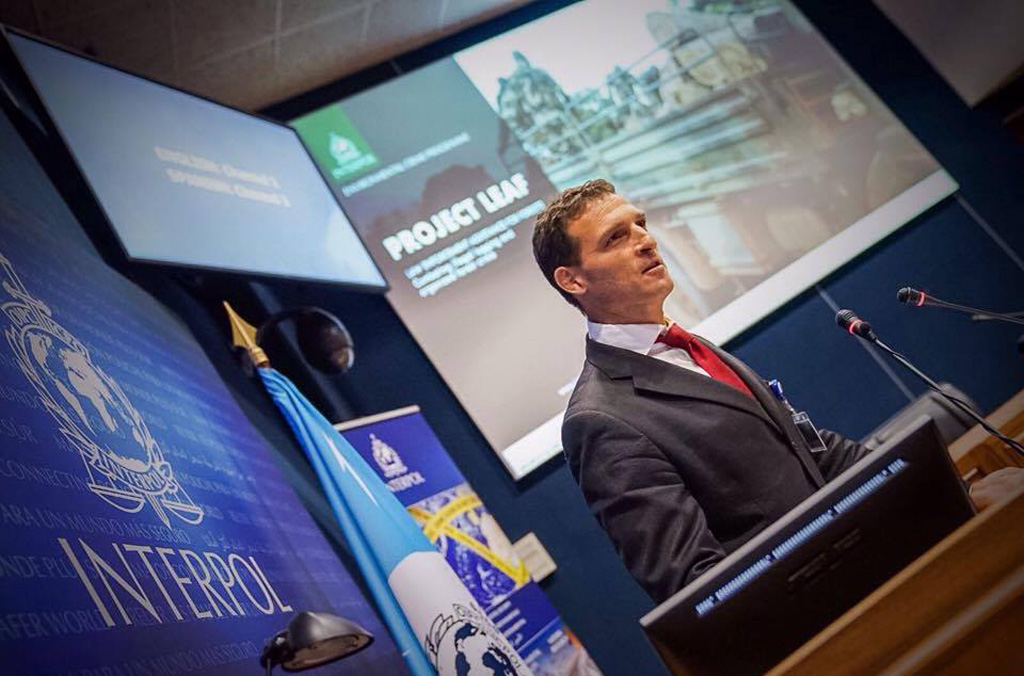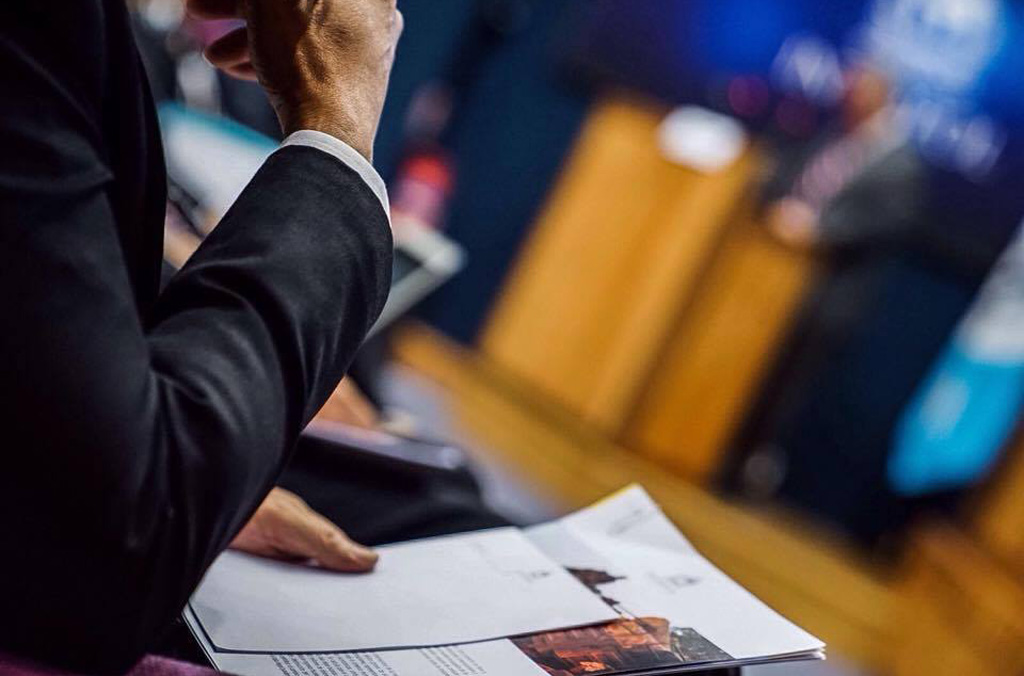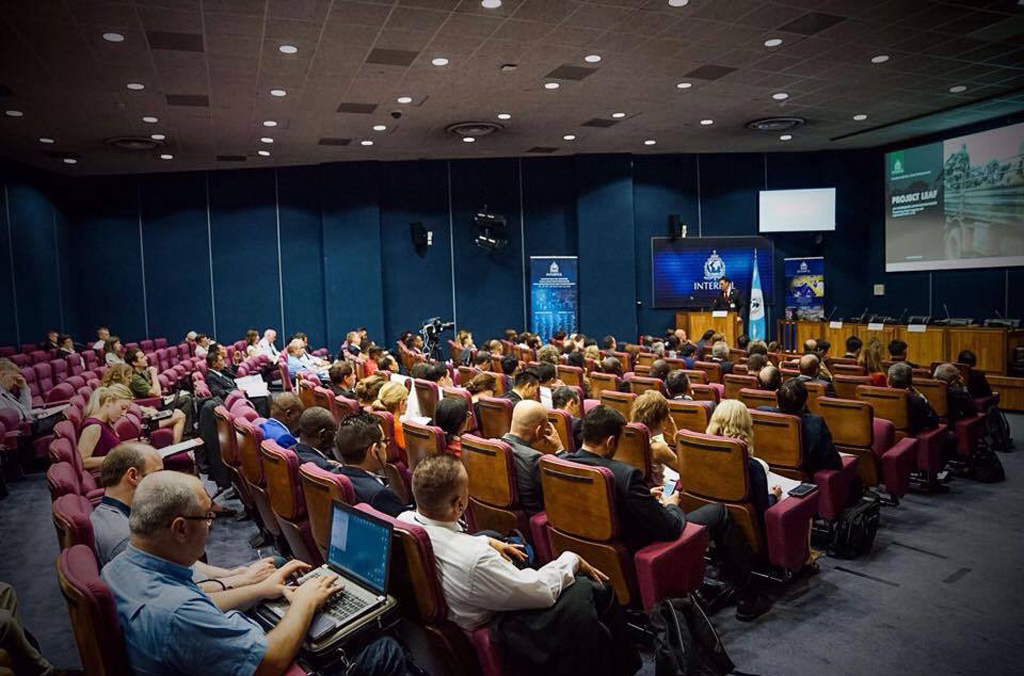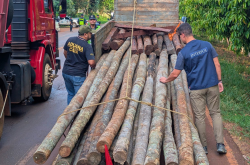LYON, France – An international gathering of experts convened by INTERPOL has recommended that law enforcement enhance strategies against corporate crime in the forestry sector.
The three-day (12 – 14 June) Global Forestry Crime Conference gathered some 100 representatives from the timber industry, financial institutions, investigative non-governmental organizations, and law enforcement agencies to shape a transnational response against the ‘business’ of forestry crime.
To this end the conference at INTERPOL’s General Secretariat headquarters highlighted the need to engage with its global network to identify priorities, share best practices and coordinate activities.
“In addition to investigating individuals, law enforcement and prosecutors are encouraged to consider investigating companies that commit environmental crimes. INTERPOL can play an important role in strengthening law enforcement capacity in this regard," said Joseph Poux of the US Department of Justice.
Renato Madsen of the Brazilian Federal Police said: "The INTERPOL Global Forestry Conference provided a unique opportunity for law enforcement from timber importing and exporting countries to meet and exchange information on the illicit timber trade. The Brazilian Federal Police remains committed to working with INTERPOL to connect with the international law enforcement community.”
Highlighting how the global illicit trade in timber is worth between USD 51 to 152 billion every year, INTERPOL Executive Director of Police Services Tim Morris said: “Criminal intelligence held by INTERPOL confirms that the same routes and modus operandi used for the illegal trade of timber are also used for the illegal movement of commodities such as drugs and protected wildlife.”
With global corruption in the forestry sector estimated at USD 29 billion annually, conference participants recommended that law enforcement enhance strategies against corporate crime in the forestry sector by adapting financial investigations and anti-corruption measures to ensure compliance by the timber industry and financial institutions.
“It is important that investigations into forestry crime target the kingpins who control the networks and finance the illegal logging operations as a business. We must acknowledge the extent to which organized criminal networks are involved with corporate crime, and increase transnational, multi-agency cooperation and investigations,” added Mr Morris.
Launched five years ago, Project Leaf drives INTERPOL’s efforts against the organized criminal networks involved in forestry crime. Funded by Norway, the project supports member countries to strengthen the collaborative response of law enforcement agencies via INTERPOL’s global network, identify criminals and their modus operandi, and disrupt transnational criminal activities.
In November 2014 Project Leaf coordinated Operation Amazonas II to investigate, arrest and prosecute the criminals and networks involved in the illicit timber trade in Central and South America. It saw more than 200 arrests and the seizure of enough timber to fill 20 Olympic-sized swimming pools.
The conference concluded with the representatives from some 40 INTERPOL member countries in Africa, the Americas, Asia and Europe establishing a specialized international working crime group on forestry crime.




